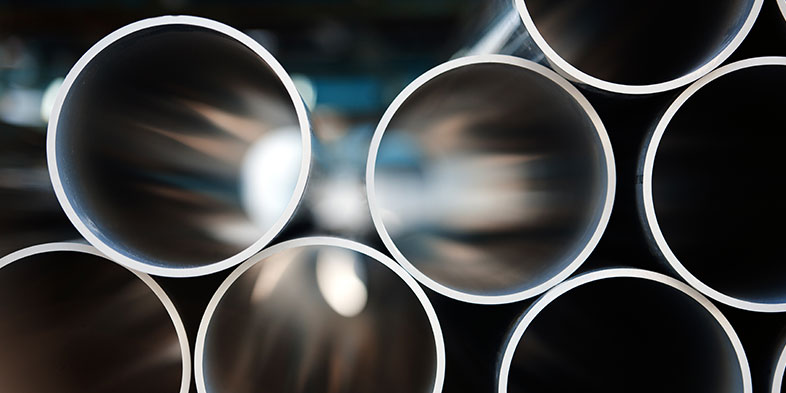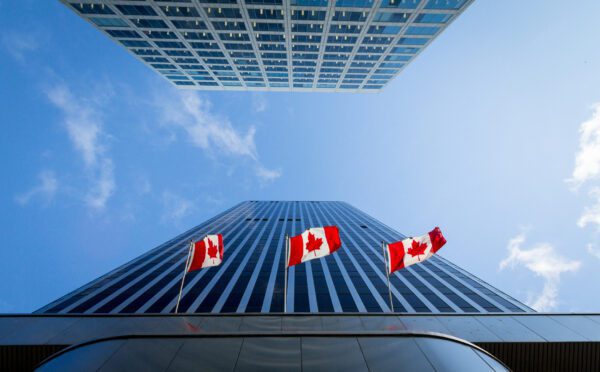Authors
Partner, Commercial, Toronto
Partner, Disputes, Montréal

Due to its potential to provide clean energy for the transportation and utility sectors, in addition to its existing industrial applications, hydrogen production has become increasingly appealing to companies in the energy sector. Earlier this month, we wrote about key considerations for infrastructure players in Osler’s Construction and Infrastructure Law Blog. This post highlights the main authorizations required for a hydrogen production facility in the province of Québec.
Key authorizations
Pursuant to Québec’s Environment Quality Act (EQA), prior to pursuing a green hydrogen production project, one must obtain a permit from the Minister of the Environment and the Fight against Climate Change (the Minister) by filing for a Demande d’autorisation et de certificat d’autorisation pour les projets en milieux humides et hydriques et pour les projets susceptibles de modifier la qualité de l’environnement ou les habitats fauniques (available in French only).
In addition, if the specifics of the proposed project involve certain elements listed by regulation, such as dams, work in wetlands and bodies of water, port, wharf and port terminals and gas pipelines[1] the project may be subject to a wider environmental impact assessment and review procedure. In such a case, one must file a written notice to the Minister describing the general nature of the project and send a copy to the municipality in whose territory the project will be carried out. Subsequently, a public consultation is held, and the environmental assessment begins. During a 30-day public consultation period on the issues that the impact statement should address, any person, group or municipality may make representations to the Minister based on the written notice and the directive provided by the Minister. Afterwards, within 10 days of the end of the public consultation period, the Minister sends to the Bureau d’audiences publiques sur l’environnement (the Bureau) the applications for public consultation or mediation that were made to the Minister during that period. Within 20 days of the end of the public information period, the Bureau must recommend to the Minister whether the project should be the subject of a public hearing, a targeted consultation or mediation. Of note, the Bureau is also responsible for making recommendations on all issues related to water taking and, therefore, hydrogen producers using electrolysis should also expect the Bureau to evaluate all matters pertaining to water and water taking.
Moreover, under the Regulation respecting pressure installations (Pressure Regulation), every person who manufactures, installs, repairs or alters pressure equipment (including to a lesser degree, owners and operators) must hold a permit issued by the Régie du bâtiment du Québec (RBQ) and pressure equipment must be approved by the Board before it is put on the market. Given that the usual standard[2] to assess compliance and safety of hydrogen installations under the Pressure Regulation is not adapted to the particularities of hydrogen installations, the RBQ also takes into consideration the requirements of the Canadian Hydrogen Installation Code (CHIC) [CAN/BNQ 1784-000], published by the Bureau de normalisation du Québec (BNQ), as a National Standard for hydrogen installations in Canada. Note, however, that the CHIC standard is currently under review and a new edition is expected to be published later this year.
Finally, depending on the novelty of the aspects of a particular project, it may be possible to apply for an authorization to be exempt from certain EQA requirements under section 29 of the EQA.
Financial support for innovation
The Transition énergétique Québec (TEQ) has the mandate to support, stimulate and promote energy transition, innovation and efficiency. To that end, $15 million has been earmarked to date within the Technoclimat program to support innovation in the hydrogen sector with a maximum financial assistance of up to $3 million per project.
More information on hydrogen and its potential in Québec is available on the TEQ’s website.
[1] Schedule 1 of the Regulation respecting the environmental impact assessment and review of certain projects and provided for in subdivision 4 of Division II of Chapter IV of Title I of the EQA.
[2] Code d’installation des chaudières, des appareils et des tuyauteries sous pression [BNQ 3650-900].

